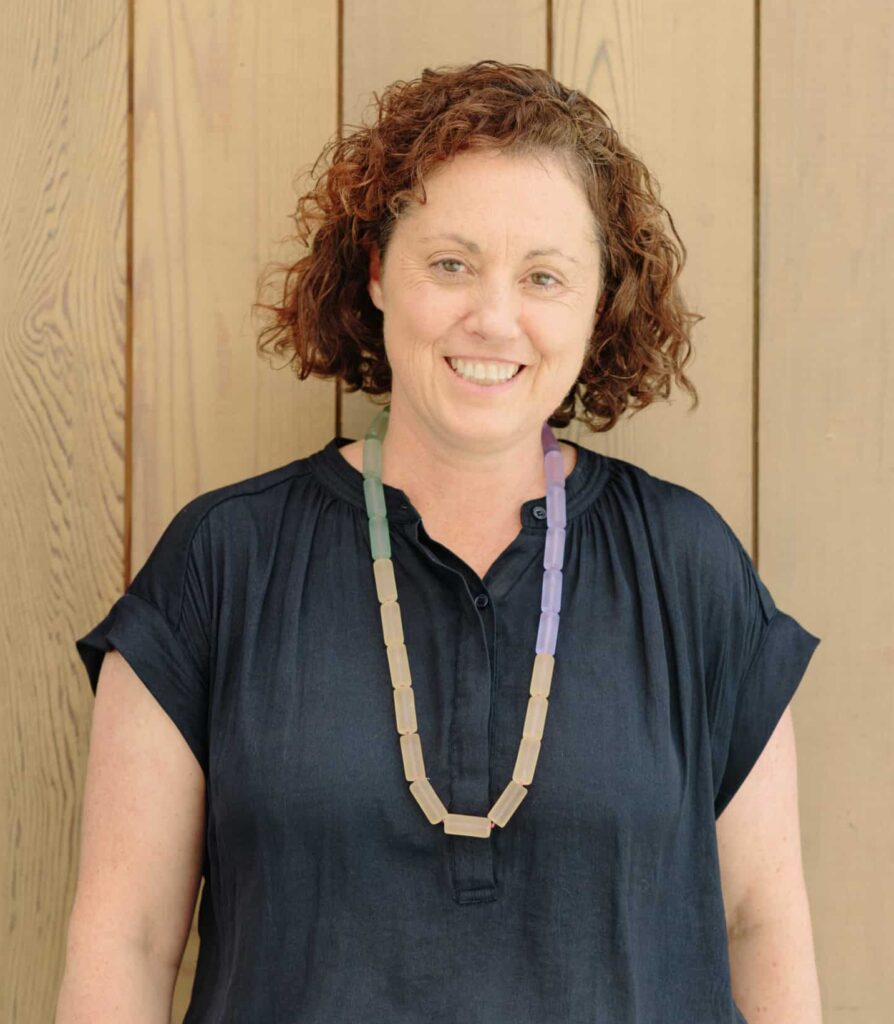Welcome to my roundup newsletter.
In this issue, you’ll find insights on the latest developments in the voluntary carbon market, advancements in global forest monitoring, policy shifts impacting sustainability, and emerging research and innovations that are shaping the future of climate action.
Stay connected by following us on LinkedIn and subscribe to our mailing list for timely updates and insights.
I look forward to your thoughts and feedback.
– Carly

COP29
First and foremost, it’s great to see progress being made at COP29 with a major breakthrough on global carbon markets, with the rules for Article 6.4 of the Paris Agreement being finalised, paving the way for international carbon trading. This new framework allows nations to buy and sell carbon credits to help meet their climate targets, while ensuring transparency and accountability. It’s a big step forward in creating new opportunities for global cooperation relating to emission reductions. Read more.
Voluntary Carbon Market Insights
Plan Vivo Applies for ICVCM Assessment
Plan Vivo, a carbon certification programme, has applied to the International Carbon Reduction and Offset Alliance (ICVCM) for a formal assessment. This marks an important step in ensuring that their standards align with international best practices for carbon credit quality and integrity.
SOCIALCARBON Standard Unveils Bold Vision for Nature-Based Solutions
Nature Stewardship Credits (NSCs) that integrate biodiversity, socio-economic impact, and governance metrics to recognise the full spectrum of benefits that conservation, restoration, and sustainable land management are now available through SOCIALCARBON.
First Biochar Project Registered under VCS
The first biochar project has been registered under the Verra Carbon Standard (VCS). While the project has not yet been verified or issued carbon credits, it marks a growing number of standards available to those interested in the development of biochar as a potential carbon offset tool.
Verra Releases New Additionality Tools
Verra has launched new tools to enhance the additionality assessment process for carbon credits, in line with the principles of the ICVCM. These tools are designed for a broader range of projects but do not replace the existing additionality tool for AFOLU (Agriculture, Forestry, and Other Land Use) projects.
Verra Cancels Overissued Credits from Cookstove Projects
Verra has decided to cancel 5 million carbon credits issued to C-Quest Capital, a project developer in Africa involved in cookstove initiatives. The decision follows fraudulent practices, including falsified paperwork, and the ongoing failure of the project.
VCM Investment Attractiveness Index
The latest VCM Investment Attractiveness Index by Abatable ranks Colombia, Kenya, Cambodia, Mexico, and Peru as the top countries for voluntary carbon market investments in 2024. While the full list isn’t publicly available, this index provides valuable insight helping investors make more informed decisions.
$75 Million Forestry Investment in Australia
Australia has invested $75 million in forestry projects focused on expanding and converting plantations, with potential carbon credits through the Australian Carbon Credit Units (ACCUs) scheme. However, concerns are growing over the additionality of these projects and whether they genuinely lead to increased carbon stock.
Global Forest Monitoring and MRV Advancements
Philippines National Forest Monitoring Workshop
Earlier this month, Dr Felicity Thomas and I led a workshop in the Philippines focused on enhancing the country’s national forest monitoring system under the REDD+ framework. Supported by the USDA Forest Service and USAID, the workshop aimed to improve monitoring, reporting, and verification (MRV) practices for deforestation and forest enhancement. It was incredibly rewarding to see young leaders dedicated to forest conservation and climate action.
GFOI Workshop of Biomass Maps and MRV
I recently participated in a Global Forest Observations Initiative (GFOI) workshop to discuss the role of biomass maps in national forest monitoring systems. This event brought together experts from countries such as Peru, Mozambique, and the Philippines, as well as space agencies, donors and researchers all focused on the value of EO-based biomass data for MRV. The outcome from the workshop will be guidance on the contribution biomass data from can make in operational forest monitoring, reporting and verification.
Policy Shifts and Market Developments
EU Delays Deforestation Import Policy
The European Union has postponed its deforestation-free supply chain policy, a decision that has sparked mixed reactions. While environmentalists see this as a setback, some sectors—like New Zealand’s meat industry—stand to benefit from the delay.
Nature-Positive Indicators Released
The Nature Positive Framework has released a draft of nine indicators designed to track progress on nature-positive initiatives. These metrics aim to help businesses and governments assess their efforts to reverse biodiversity loss and meet sustainability targets.
New Zealand’s Forest Management Reference Levels
New Zealand’s Ministry for the Environment has released updated forest management reference levels, which serve as a baseline for measuring carbon removals from pre-1990 forests.
Research and Innovation
Electrifying Fossil Fuels: A Path to Emission Reduction
Our work on supporting Forest Orchard Lodge in their journey to becoming fossil fuel free was recently highlighted in Mike Casey’s opinion piece in The Spinoff. He advocates for shifting to cleaner energy solutions to reduce emissions, a conversation that is gaining significant traction in New Zealand.
Wao Summit 2024 – That’s a Wrap
The 2024 Wao Summit was an overwhelming success, featuring thought-provoking discussions and insightful masterclasses. Designed to unite leaders in sustainability, the event showcased the transformative power of community-driven solutions for a more sustainable future.
I had the privilege of leading a session on “Better Building”, where we explored the current state of the building ecosystem and addressed key challenges related to materials, climate resilience, and energy efficiency.
To see highlights and stay up to date on WAO 2025, follow them on Facebook and LinkedIn.
Thank you for joining us on this journey toward a more sustainable future. We hope you find these updates and insights both informative and inspiring. We look forward to bringing you more important climate news and developments next month. In the meantime, stay connected by following us on LinkedIn and subscribe to our mailing list for timely updates and insights.

